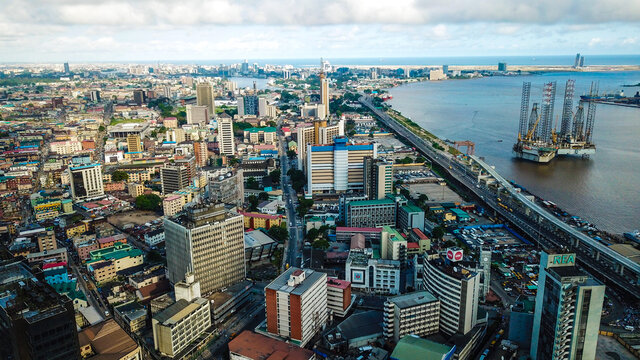
Stakeholders in the nation’s household energy sector have agreed to work together to strengthen engagement between scientific, policy and societal actors on clean cooking.
Rising from a high-level policy dialogue themed ‘Deploying State-of-the art Evidence for Household Energy Policy Making in Nigeria,’ they agreed that achieving the Federal Government’s goals of universal access to affordable, accessible and clean household energy depends on the interaction between science and policy.
The dialogue organised by the International Centre for Energy, Environment and Development (ICEED), in collaboration with researchers from the University of Nottingham, United Kingdom and the University of Ibadan, was to deepen exchanges between science and policy actors.
In his welcome remarks, the Executive Director, ICEED, Ewah Eleri, expressed concern over the current rise in the price of cooking gas. According to him, “prices of LPG have quadrupled in the past two years, sending more households down the energy ladder as they fall back to wood and charcoal as sources of cooking energy.
To address this, he said the government must show commitment to enforce a domestic obligation on upstream gas companies to give priority to the domestic Liquefied Petroleum Gas (LPG) market before exporting made-in-Nigeria cooking gas to the international market. “It runs against the Federal Government’s Energy Transition Plan pricing made-in-Nigeria cooking gas in dollars. The dollarisation of cooking gas produced in Nigeria only makes this life-saving product unaffordable to households,” he cautioned.
In his contribution, Deputy Chairman, House of Representatives Committee on Power, Hon Joshua Gana, emphasised the role of the National Assembly in ensuring that policies receive the required legislative support. He called for partnership with stakeholders in achieving this goal, assuring that the committee’s preparedness to work with both the scientific community and the executive in developing an effective legislative framework for achieving universal access to clean cooking.
Earlier, Dr Mike Clifford of the University of Nottingham emphasised the need to strengthen clean cooking research and ensure the availability of credible evidence base for policy making in the sector.
According to him, “it is important to identify technical, financial and institutional drivers for reinforcing the linkages between science and policy, and impacts on society. There is a lot that can be achieved with collaborative research and the creation of platforms to bridge the existing gap between research and policy,” he said.
In her presentation, a researcher and lecturer at the University of Ibadan, Dr Deborah Ayodele-Olajire, who spoke on the evolution of clean cooking research, from a focus on health to issues of the environment and the empowerment of women, presented the evidence, key milestones and debates in both research and policy.
According to her, “public policy must be nuanced enough to include issues of transparency, inclusion of key stakeholders, developing a clear strategy to promote up scaling, enhancing local content in the value chain, developing tools for expanding access to urban and rural areas, as well as promoting transparency in the implementation of government policy.
Stakeholders must decide the purpose for public sector engagement in promoting access and the choice between private sector solutions and government-led expansion of access,” she said.
A lecturer at the Centre for Petroleum, Energy Economics and Law at the University of Ibadan, Dr Temilade Sesan, noted that the greatest challenge facing the clean cooking sector in Nigeria is the rising costs of fuels. We must address the issues of affordability and the role of the state versus market forces in expanding access to clean cooking. Our cooking culture deserves both research and policy attention. These issues call for continuous collaboration and engagement across research disciplines,” she said.
Dignitaries at the high-level policy dialogue included, Executive Secretary, Nigerian Academy of Science, Dr Oladoyin Odubanjo, Programme Manager at the European Union, Godfrey Ogbemudia and Dr Kabiru Umar of the Senate Committee on Ecology and Climate Change.












